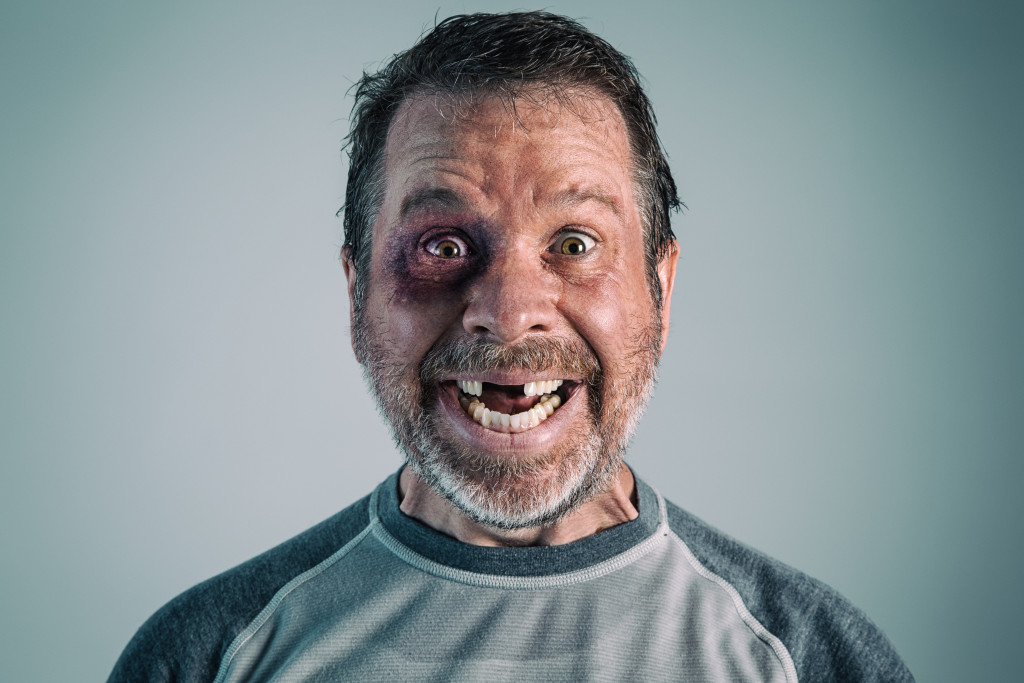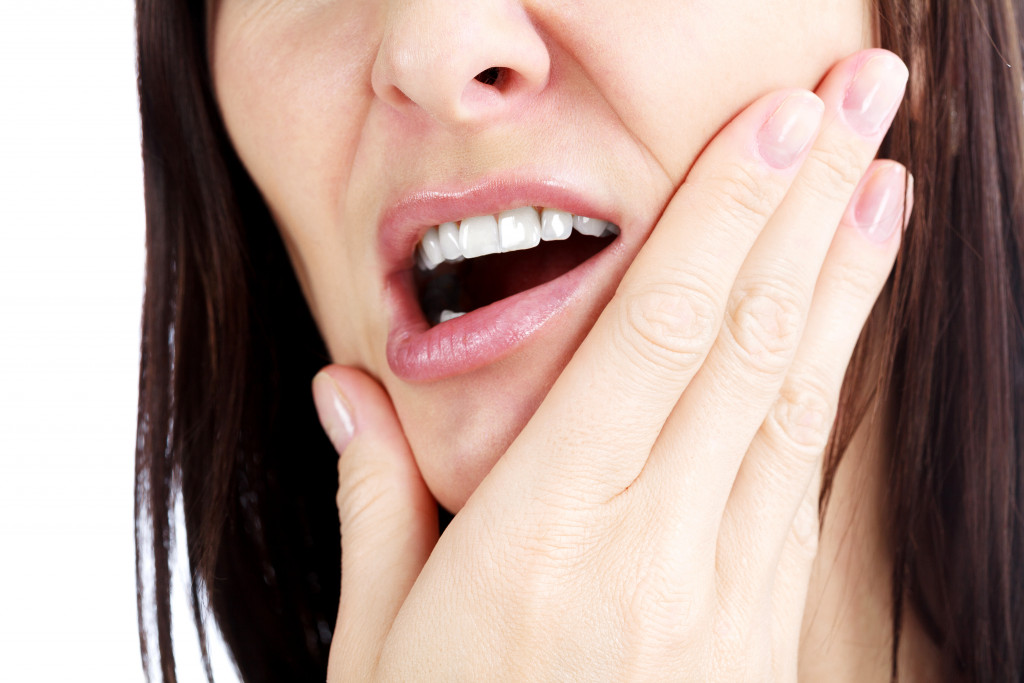The jaw is a critical part of the human body as it helps us to speak, chew food, and yawn. The jaw comprises two bones, the mandible, and the maxilla, which are connected by muscles and ligaments. The mandible is the lower jawbone, and the maxilla is the upper jawbone.
The muscles that move the jaw are called the masseter, temporalis, and pterygoid muscles. The masseter muscle is used to close the mouth, the temporalis muscle helps to open and close the mouth, and the pterygoid muscle helps to move the jaw from side to side.
The jaw plays an essential role in speech as it helps to form sounds. The teeth attached to the jaw help to chew food, and the tongue sticks to the roof of the mouth in front of the teeth. When people yawn, the jaw opens wide to allow more air into the lungs. So all these functions are sabotaged if you start to experience problems with your jaw.
Jaw pain is one of the most common problems in the oral maxillofacial region of the body. Here are some of the most common reasons for jaw pain and how you can deal with it.
Teeth Grinding
Bruxism, most commonly known as teeth grinding, is a disorder that affects many people. The clenching or grinding of teeth can happen during the day or at night. This disorder often goes unnoticed as it happens when a person is asleep. However, bruxism can lead to serious jaw problems such as pain, muscle spasms, and temporomandibular joint (TMJ) disorders.
There are various reasons for bruxism. One known reason is anxiety. People who have anxiety disorders often have a higher risk of bruxism. Another reason for bruxism is stress. When a person is stressed, they may grind their teeth to release the tension.
Bruxism can be treated in various ways. One treatment option is to wear a mouthguard at night. This will protect your teeth from grinding against each other and reduce the noise of teeth grinding. In addition, if bruxism is caused by stress, it is essential to find ways to reduce stress. Relaxation techniques such as yoga and meditation can help to reduce stress levels and, as a result, reduce bruxism.

Lack of Teeth
Your teeth are crucial for your jaw health. When you lose teeth, the bone that supports the tooth starts to shrink. This can lead to a change in the shape of your face and jaw pain.
It is essential to replace missing teeth as soon as possible. Tooth replacement services are one option for replacing missing teeth. They use artificial teeth that look and function just like your natural teeth. This helps to support the structure of your face and jaw, preventing further bone loss.
Another option is dentures. Dentures are false teeth that are fitted to the gum line. They can be taken out and put back in as needed. Dentures help to support the face and can prevent further bone loss.
If you have lost teeth, it is important to seek treatment as soon as possible to avoid further complications.
Arthritis
Arthritis is a common cause of jaw pain. There are various types of arthritis, but the two most common types that affect the jaw are osteoarthritis and rheumatoid arthritis.
Osteoarthritis is a degenerative disease that affects the joints. It occurs when the cartilage between bones breaks down, causing them to rub against each other. It can lead to pain, stiffness, and swelling.
Rheumatoid arthritis is an autoimmune disease that causes inflammation of the joints. It can lead to pain, stiffness, swelling, and deformity.
You can treat arthritis with medication, physical therapy, or surgery. Medication such as painkillers and anti-inflammatory drugs can help to reduce pain and swelling. Physical therapy can help to strengthen the muscles and improve the range of motion. Surgery may be necessary to repair or replace the affected joint in severe cases.
Tumors
Tumors are growths that develop in the body. They can be benign (non-cancerous) or malignant (cancerous). While tumors are not a common cause of jaw pain, they can occur in the jawbone, soft tissue, or salivary glands.
Jaw tumors can cause pain, swelling, and deformity. They can also make it difficult to open and close your mouth. If you have a tumor in your jaw, it is vital to see a doctor for treatment. Treatment options include surgery, radiation therapy, and chemotherapy.
Jaw pain is a common problem that can have many different causes. If you are experiencing jaw pain, you must see a doctor to rule out any severe conditions. Treatment options vary depending on the cause of the jaw pain but can include medication, physical therapy, and surgery. Getting the right treatment can cure your jaw pain in no time.

